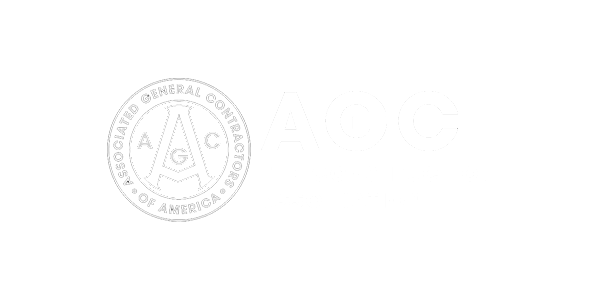What you need to know about the prompt Payment Act
In the US, states are increasingly looking to implement or expand prompt payment laws — regulations that govern when construction payments must be made. Illinois, for instance, expanded its prompt payment legislation in 2019 to limit the amount of retainage that can be withheld from contractors.
To the north, Canadian provinces including Ontario, British Columbia, and Alberta are following a similar trend by adopting prompt payment legislation. Local legislation will likely turn into federal law as more and more Canadian provinces adopt prompt-payment-like rules.
With over 30 states having already adopted prompt payment laws for private and public construction projects, it’s not a matter of if prompt payment will be expanded in your state — it’s a matter of when. Fortunately, there’s enough time for general contractors to prepare for new prompt payment laws. But to know what to expect, we first must look to the Prompt Payment Act, the basis of many prompt payment laws in the US.
What Is the Prompt Payment Act?
The US Federal Prompt Payment Act (PPA) was enacted in 1982 to ensure that general contractors, subcontractors, and suppliers working on public construction projects are paid on time. Its primary aim is to address payment delays by establishing clear timelines and procedures for payment processes.
The Prompt Payment Act applies only to federal projects. As it stands, states have their own version of the act to cover non-federal projects, so there is no one-size-fits-all approach that governs prompt payment across the US. To protect contractors from slow payments, many states without adequate protections are considering expanding the Prompt Payment Act to include private construction projects.
A benefit of this approach is that having one set of rules for public and private projects will enhance transparency and simplify payment processes for construction businesses. Expanding the act can also help to standardize paperwork and the requirements for payment applications.
Related: Preparing for extensions to the Prompt Payment Act is only one of many ways that general contractors are adapting to the future. For more insights on setting your business up for success, check out our co-produced Dodge industry research report on the status of digital transformation across 12 key subcontractor management processes.
How General Contractors Can Prepare for Expansions to the Prompt Payment Act
Preparing for Prompt Payment Act expansions is key to staying compliant. Non-compliance can result in fines or having to pay additional interest on payments. To prepare, consider taking the following steps:
- Familiarize Yourself With Current and Proposed State Legislation
To effectively navigate the Prompt Payment Act and similar laws, general contractors must familiarize themselves with the specific requirements and the act. Understanding the timelines for payment, deadlines for disputes, and any penalties for non-compliance is essential. Remember, there is no one-size-fits-all law and each state may be different. By having a comprehensive understanding of the legislation, contractors can ensure compliance and avoid potential setbacks.
- Review and Update Contractual Agreements and Templates
Review and update your contractual agreements and templates to ensure you adhere to new requirements. Payment applications, for instance, must include the right details to be accepted. Contracts should clearly outline the payment terms, including the payment schedule, due dates, and any relevant interest or penalty clauses.
- Automate Payment Processes
In most cases, adhering to prompt payment laws simply requires paying subcontractors the right amount at the right time. Efficient automated processes help guarantee timely and accurate invoicing and payment. To improve efficiency, assess your existing workflows and identify areas where improvements can be made.
By streamlining processes such as invoice generation, submission, and tracking, you can reduce the likelihood of payment delays and ensure that you maintain regulatory compliance. Utilizing technology solutions like construction payment application software can significantly aid in this endeavor.
- Implement Robust Project Tracking Systems
General contractors can leverage technology to implement robust payment and project tracking systems. These systems enable you to monitor project milestones and identify potential bottlenecks. By utilizing automated reminders and notifications, you’ll know when payment can be made and when retained funds can be released.
- Maintain Accurate Documentation
Accurate and organized documentation is essential to complying with prompt payment laws. Contractors should diligently maintain records of invoices, change orders, payment certificates, lien waivers, and other relevant documents. These records serve as evidence of payment requests and can be crucial in resolving any payment disputes that may arise.
Prompter Payments for a Fairer Industry
Staying informed and adapting to legislative changes is crucial to thriving in an ever-changing industry. By embracing the principles of prompt payment, contractors can position themselves as reliable partners and champions of a transparent and efficient construction ecosystem.
As we’ve stated, technology and automation play a critical role in delivering timely payments and maintaining compliance with potential prompt payment regulations. At GCPay, we provide a construction solution that streamlines and automates the entire payment application process. Our platform features enable you to:
- Automate construction payments and time-consuming manual tasks
- Create and exchange lien waivers
- Manage, reconcile, and securely store documentation
- Collaborate with subcontractors and track project progress
- Certify that subs have the required compliance documents in place
Ready to learn what GCPay can do for you?








